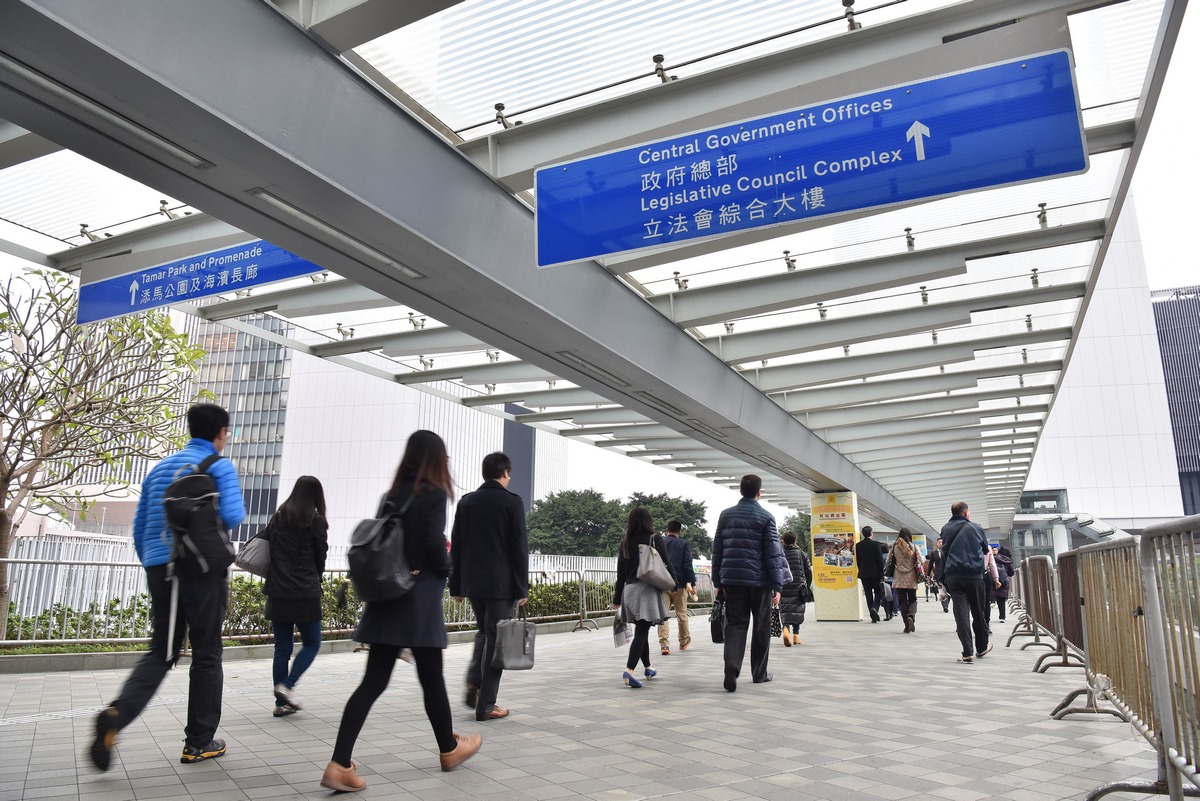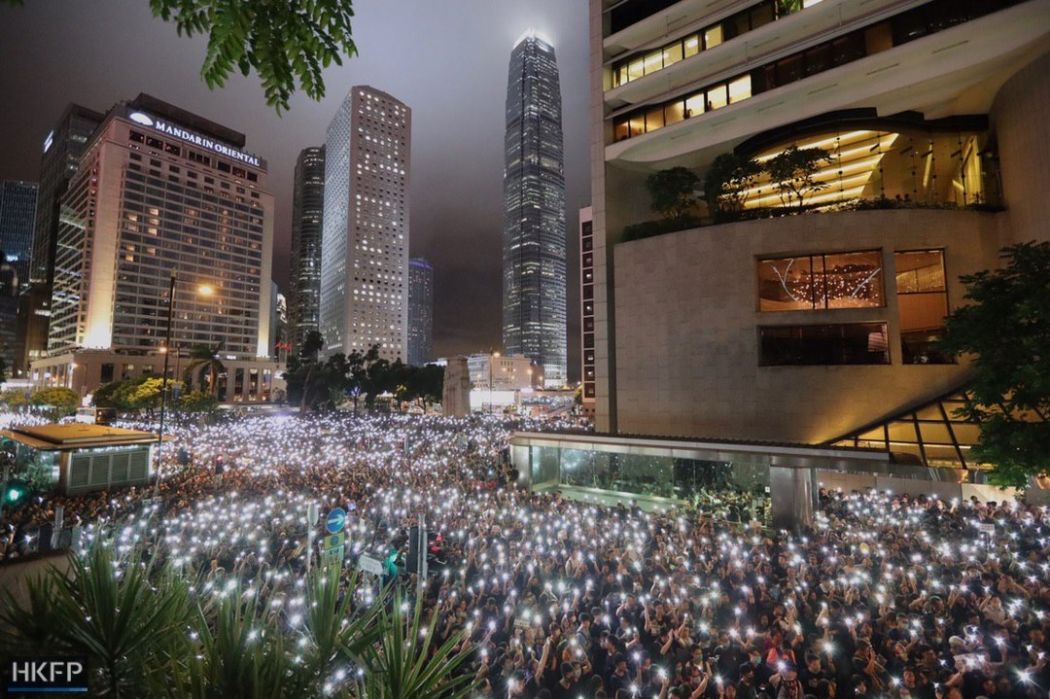Hong Kong’s Civil Service College has hosted a lecture for the city’s top officials and high-level civil servants to learn about China’s path to modernisation, a topic frequently discussed by China’s leader Xi Jinping, including during last year’s 20th National Congress of the Chinese Communist Party.

Around 70 directorate civil servants attended the lecture in person, while around 80 top officials and directorate civil servants joined online, the government said in a statement on Tuesday evening.
The lecture, part of a course focused on One Country, Two Systems and contemporary China, was held in collaboration with the Institute for Hong Kong and Macau Studies of Peking University, which sent mainland Chinese scholars to the city to deliver the discourse.
China’s Xi has talked about the Chinese path to modernisation on various occasions in recent years, framing a Chinese development model that is different from those in the West.
According to Xi’s report during the 20th party congress, the “Chinese path” has five characteristics: a large population, common prosperity for all, a harmony between material civilization and spiritual civilization, a harmony between humans and the nature, and peaceful development.

Those characteristics distinguish Chinese modernisation from Western modernisation, which was characterised by “excessive greed,” “loss in belief,” “pollution,” and an “extreme gap between the poor and the rich,” according to an article published by a Communist Party magazine.
Launched in July, the Civil Service College course consists of 12 monthly lectures, the first of which was on the Chinese Communist Party and contemporary China.
In addition, top officials and civil servant have also studied Chinese constitution and the tradition of Chinese politics.
Political neutrality
According to the Civil Service Code, Hong Kong’s Civil Service is a “permanent, honest, meritocratic, professional and politically neutral” institution.

According to the code: “[Civil servants] shall not allow their own personal party political affiliation or party political beliefs to determine or influence the discharge of their official duties and responsibilities, including the advice they give and the decisions or actions they take.”
Public discussion concerning political neutrality was sparked at the height of the 2019 unrest as civil servants criticised the government’s handling of protests and held a rally at Chater Garden urging the government to listen to public demands.
The government announced in November 2020 that all civil servants must declare allegiance to the city as part of a new oath-taking requirement for employees.
Civil Service Chief Ingrid Yeung said in early November that authorities were studying how to work political neutrality into an updated version of the Civil Service Code, which is set to be rolled out early next year.
Support HKFP | Policies & Ethics | Error/typo? | Contact Us | Newsletter | Transparency & Annual Report | Apps
Help safeguard press freedom & keep HKFP free for all readers by supporting our team

LATEST FROM HKFP
HKFP has an impartial stance, transparent funding, and balanced coverage guided by an Ethics Code and Corrections Policy.
Support press freedom & help us surpass 1,000 monthly Patrons: 100% independent, governed by an ethics code & not-for-profit.










